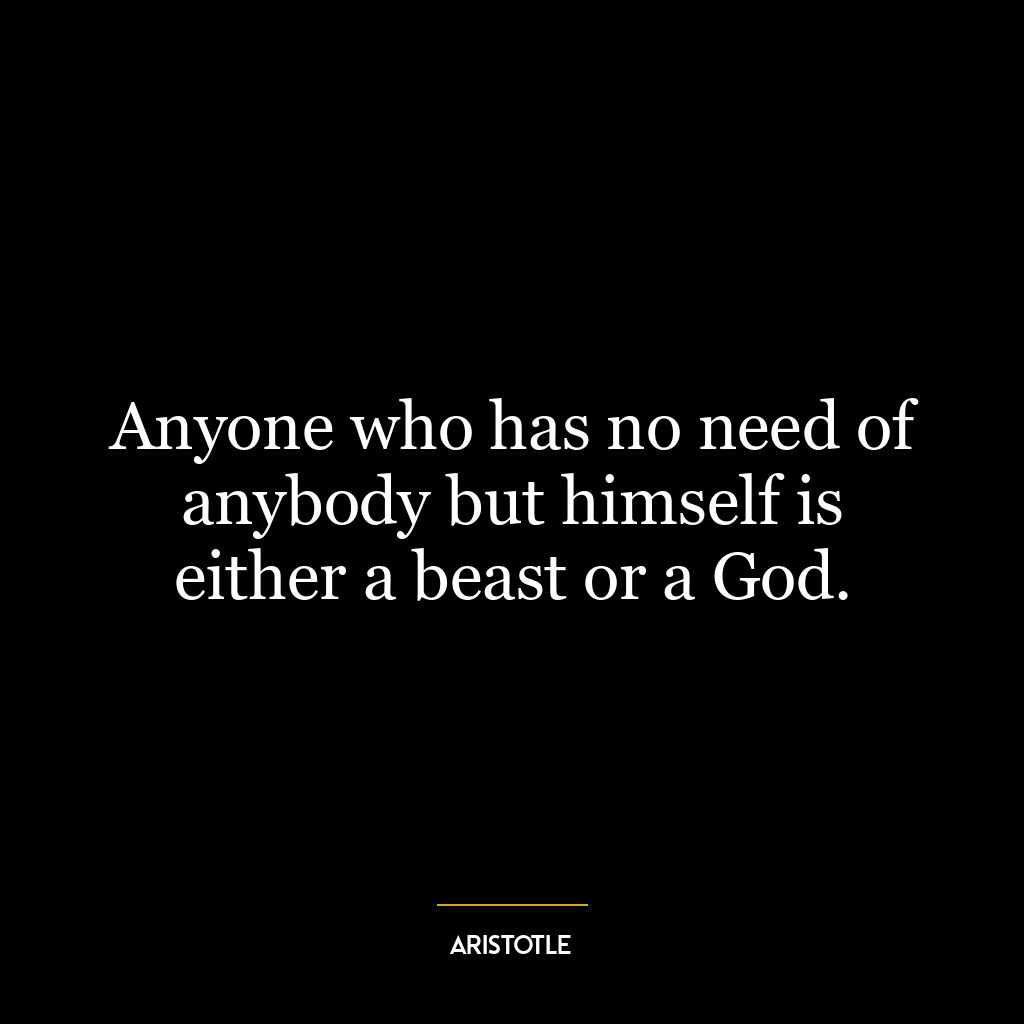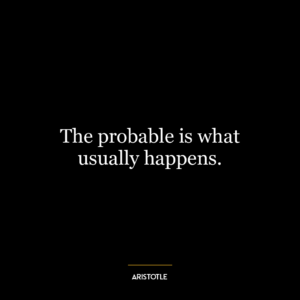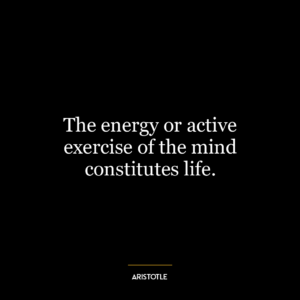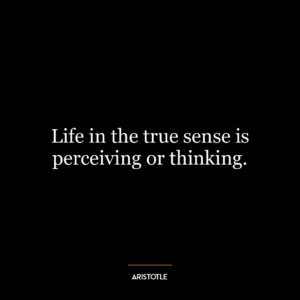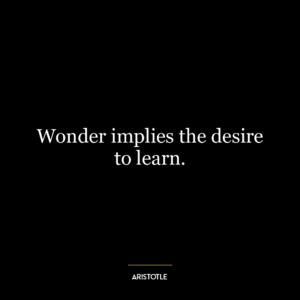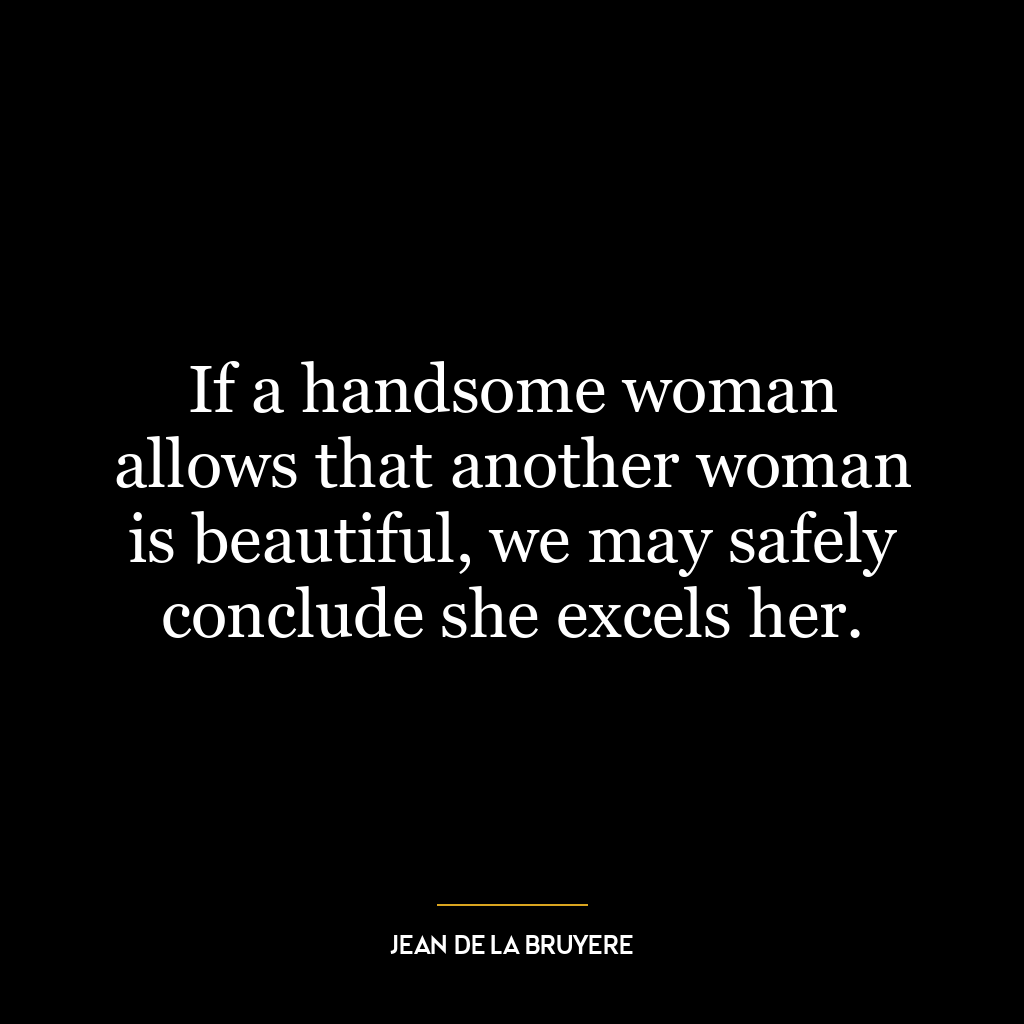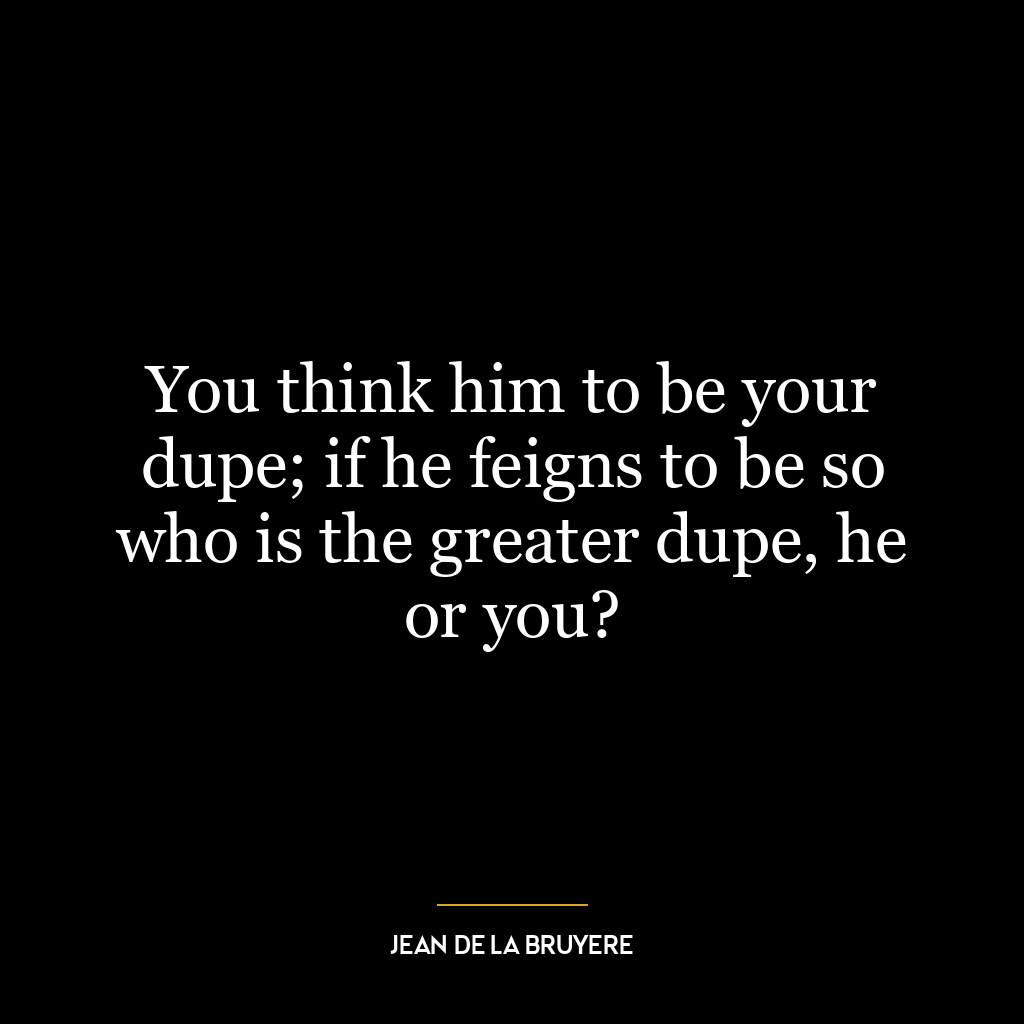This quote emphasizes the interdependent nature of human beings and the extremes of self-sufficiency. According to Aristotle, if a person doesn’t need anyone else, they fall into one of two categories: a beast or a God.
A beast, in this context, is a creature that is primarily driven by basic instincts and survival. They don’t need others because they are self-sufficient in their survival, but they also lack the higher-level thinking, emotional depth, and social structures that characterize human society. On the other hand, a God is a divine entity that is entirely self-sufficient because of their omnipotence. They don’t need others because they are all-powerful and all-knowing.
Aristotle’s quote suggests that humans, by nature, are social creatures who thrive on relationships and interactions with others. We are neither beasts nor Gods; we are beings who grow, learn, and find fulfillment through our connections with others.
In today’s world, this quote can be seen as a critique of extreme individualism, a concept that often glorifies self-sufficiency to the point of isolation. While independence and self-reliance are valuable traits, Aristotle reminds us that needing others is not a weakness but a fundamental part of our humanity.
In terms of personal development, this quote can be a reminder to balance self-reliance with social connection. It encourages individuals to seek help, advice, or companionship from others when needed and to value the role of others in their lives. It also highlights the importance of empathy and understanding in our interactions with others, as we are all interconnected in some way.
Moreover, this quote can also be interpreted as a call to strive for a higher level of existence. While we cannot reach the self-sufficiency of a God, we can aim to rise above our base instincts, like a beast, and seek wisdom, knowledge, and enlightenment.

